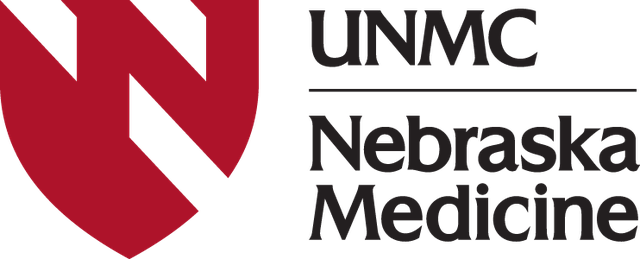A Phase III, Multi-centre, Multi-national Randomised Control Trial Investigating 1cm v 2cm Wide Excision Margins for Primary Cutaneous Melanoma
Categories (click each to see list of all clinical trials associated with that category): Melanoma (ONC), Surgical Oncology (SURGONC)
Current Status: Open
Phase: III (Cancer Control)
Principal Investigator: Reames, Bradley
Contact Information:
Michaela Savine
misavine@unmc.edu
Eligibility: https://clinicaltrials.gov/study/NCT02385214?term=NCT02385214&rank=1
Summary
Primary:
Time from randomization to clinically, histologically or radiologically confirmed local recurrence of melanoma including satellite lesions and in transit metastases to regional draining lymph nodes.
Secondary:
Recurrence-Free Survival [ Time Frame: 0-120 months ]
Time from randomization to any clinical, histological or radiologically confirmed melanoma recurrence or death from any cause. QoL and neuropathic pain assessments Neuropathic Pain (PainDetect) [ Time Frame: Baseline, 3, 6 12, 24 & 60 months. ]
Quality of Life
Overall Survival [ Time Frame: 0-120 Months ]
Time from randomization to death from any cause.
Adverse events [ Time Frame: Within 1 year ]
An Adverse Event (AE) is any untoward medical occurrence in a participant administered a treatment which does not necessarily have a causal relationship with the treatment. An AE can therefore be any unfavorable or unintended sign (including an abnormal laboratory finding), symptom, or disease temporally associated with the treatment timing, whether or not considered related to the treatment. An AE is any adverse change (developing or worsening) from the participant's pre-treatment condition, including intercurrent illness. AEs and any pre-existing medical
conditions will be recorded at the Baseline assessment and routinely at Follow Up, until the participant completes the study, withdraws or dies.
Surgery related adverse events [ Time Frame: Up to 30 days from randomization ]
The following surgical adverse events will be recorded from the time of trial treatment to 30 days following the wide excision (inclusive):
wound separation
seroma/haematoma at wide local excision site
haemorrhage
infection
skin graft failure
necrosis of flap used for reconstruction
deep venous thrombosis
urinary tract infection
pneumonia
cardiac complications
Health System Resource Use [ Time Frame: Baseline, 3, 6, 12, 24 and 60 months ]
All hospitalizations and other interventions will be captured in order to measure resource use.

